For example, at Changi General Hospital (CGH), a robot makes 16 rounds of medication deliveries a day, saving nurses up to two hours a day, allowing them to spend more time with patients.
Another robot guides patients to different areas of the emergency department, helping to reduce the workload on nurses in this area.
The third robot operates in the waiting area, providing patients with necessities such as blankets, allowing staff to focus more on assisting patients with administrative procedures.
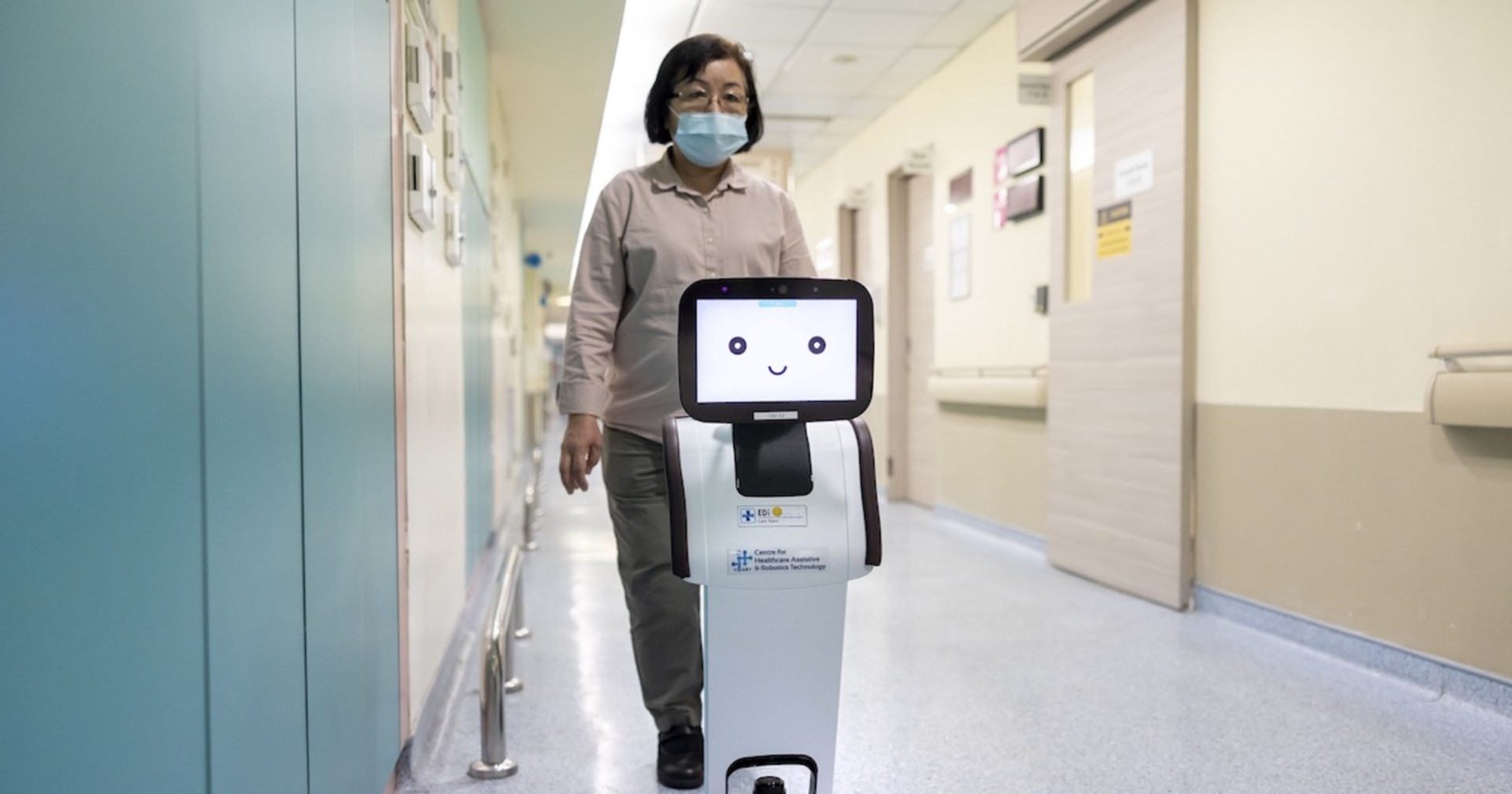
A robot assists a patient at Changi General Hospital in SingaporePhoto: Changi General Hospital
According to Channel NewsAsia (Singapore) on July 18, the above robots are part of a trial that will last until August at CGH. The hospital is considering deploying robots to perform more tasks in more departments and rooms.
Meanwhile, Tan Tock Seng Hospital (TTSH) has launched a smart clinic, which uses a number of devices to make work more efficient. For example, a voice-activated device allows doctors and nurses to quickly update each other without using the phone.
Nurses simply say the name of the doctor they want to find and the device will connect them. In addition, the device has a built-in camera to scan items like medication or bandages so doctors can quickly assess the situation and decide what to do next with the patient.
This device is one of 20 technologies being tested at TTSH since 2022. Another notable technology is a bed that helps patients turn over with just one button, applicable to bedridden people who need support to turn over every 2 hours to avoid pressure ulcers, saving a lot of effort for nurses.
A patient monitoring system is also installed in all single bed areas and isolation areas, which notifies nurses as soon as a patient intends to leave bed.
Keefe Tan, who heads the smart clinic, said the hospital wanted to use technology and artificial intelligence to help improve the quality of patient care, which is becoming increasingly necessary as healthcare workers become increasingly overworked and faced with more problems.
TTSH plans to replicate 14 initiatives in other departments and pilot 20 more over the next two years, noting that new technologies take time to adapt.
Source








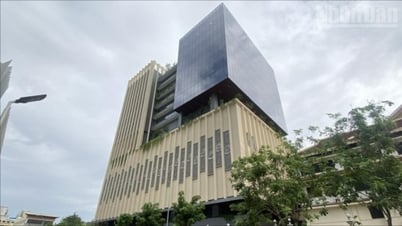

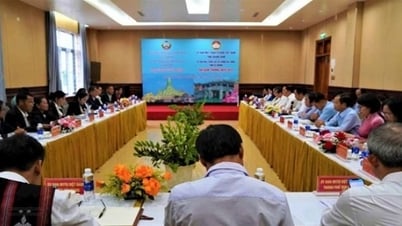
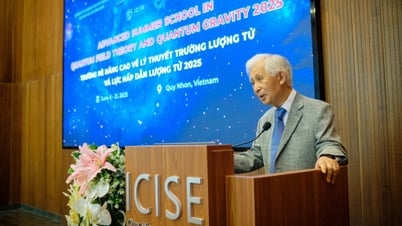

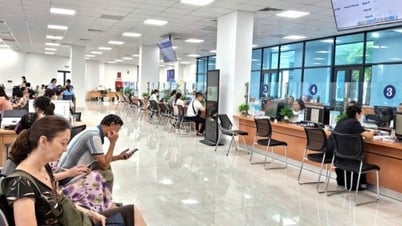







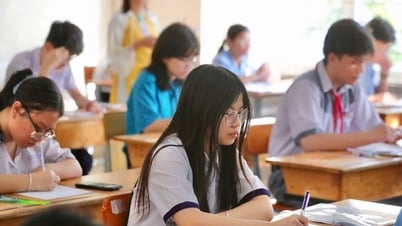

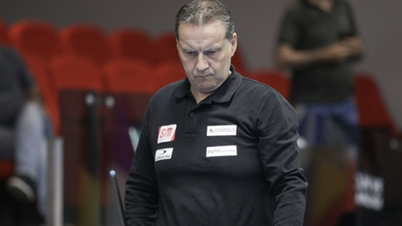


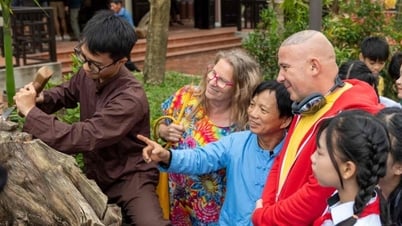
















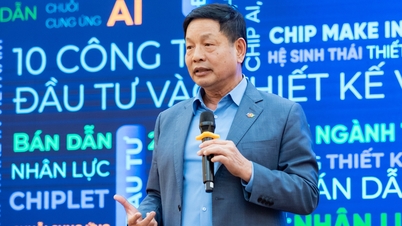


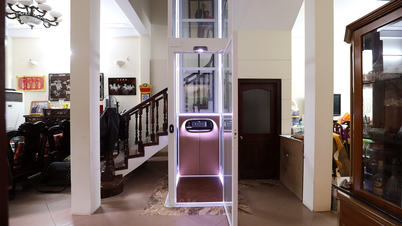











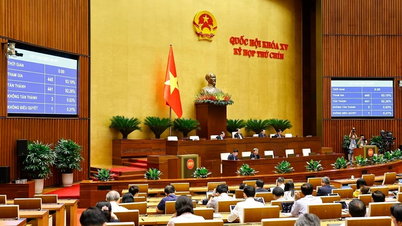




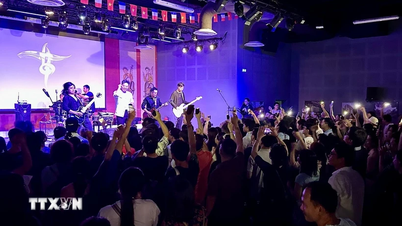


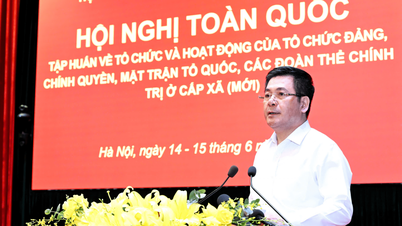


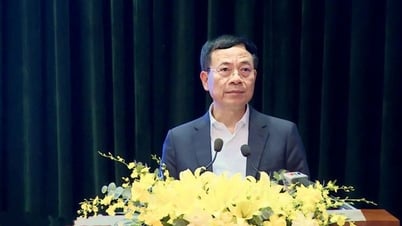



























Comment (0)